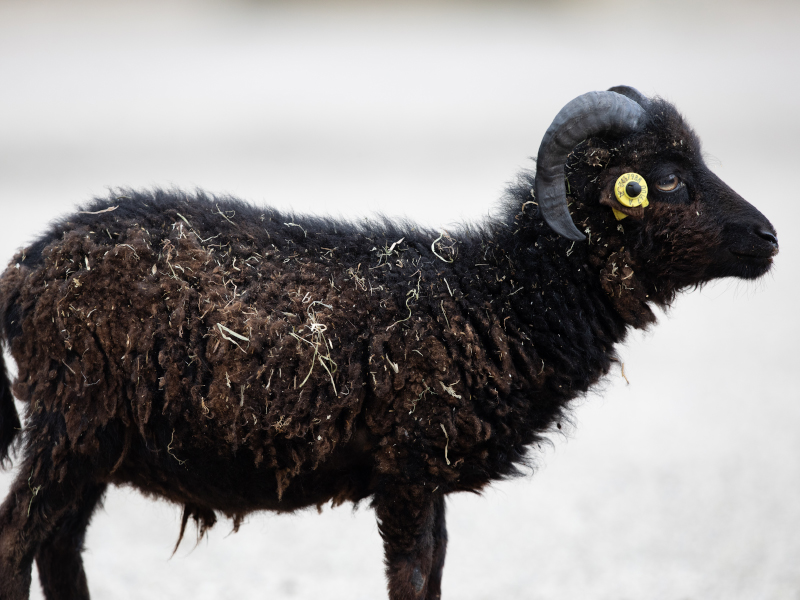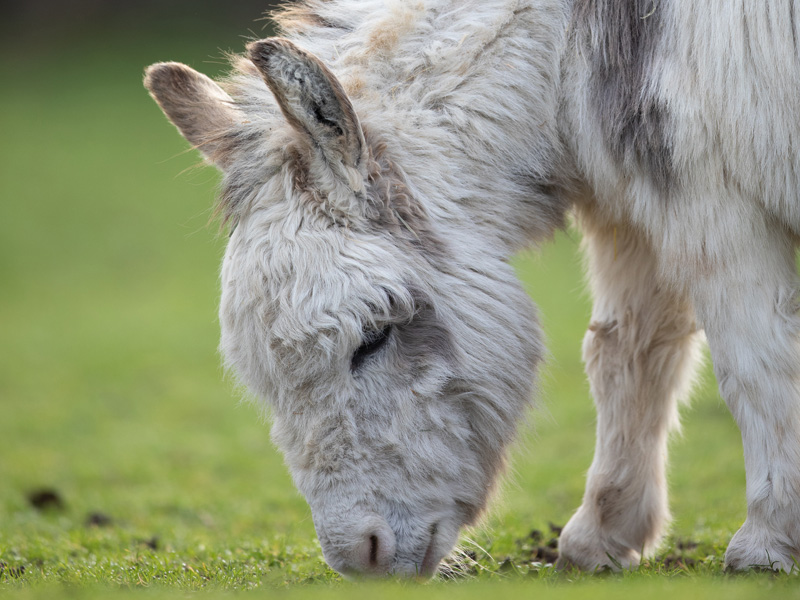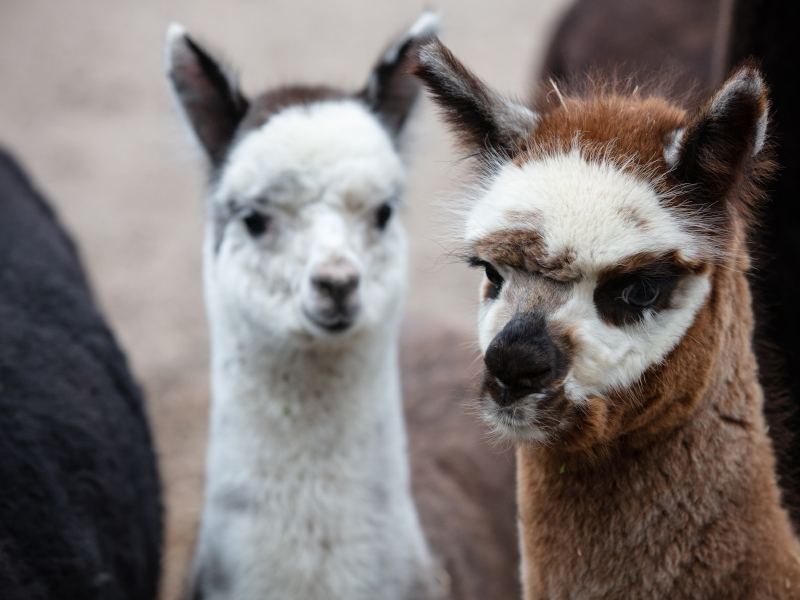
Popular Searches

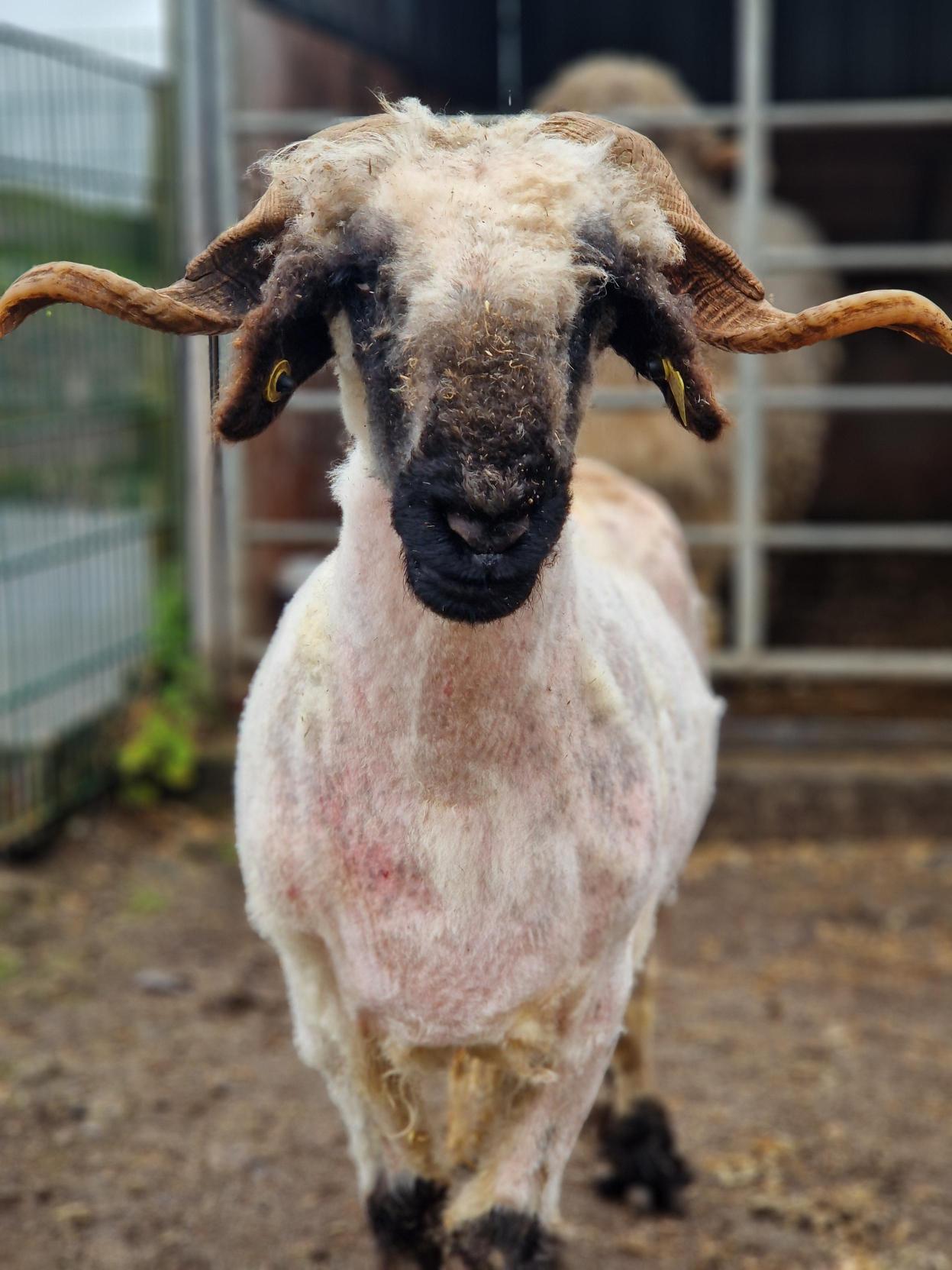
Zoo news – April 2024
During April, some animals in our zoo got sheared, our donkeys had a hoof check, and our Discover and Learning Manager attended an important BIAZA meeting.
Sheep and alpaca spa day at Emerald Park!
Ouessant sheep, Valais Blacknose sheep, and Alpacas are unparalleled in ensuring these cherished animals thrive under our guardianship.
Each spring, our team of expert shearers professionally trim the wool from our sheep and alpacas, an essential practice for their comfort and health. Shearing not only helps prevent overheating and potential skin infections as the weather gets warmer but it also allows for a thorough skin check-up. This post-shearing examination is vital for addressing any skin issues that are more visible once the fleece is removed.
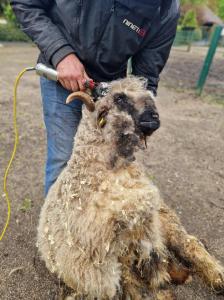
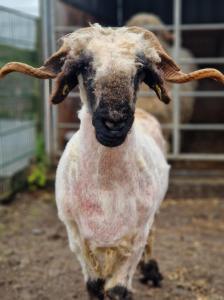
📸 Anto B
Fun fact: the wool from each Valais Blacknose sheep typically weighs around 2kg, showcasing the quality and volume of their magnificent fleece. Imagine how hot it would be during summer with 2kg of hair!
Emerald Park remains committed to providing a nurturing environment that promotes the health and happiness of every animal in our care, highlighting our dedication to animal welfare and conservation.
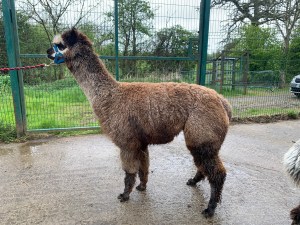
📸 Rob S
Keeping hooves healthy: Our farrier’s visit to Emerald Park
At Emerald Park, ensuring the health and well-being of all animals is a top priority, especially when it comes to hoof care. That’s why a professional farrier visits regularly to check and maintain the hooves of our hoofed animals.
A farrier is a specialist in animal foot health. They meticulously inspect each animal’s hooves for issues like cracks, uneven wear, or even rocks that can get lodged in and cause pain. These little stones can be quite uncomfortable and may lead to more serious problems if not addressed promptly. The farrier carefully trims and shapes their hooves to ensure they are perfectly balanced and comfortable, much like a manicure! It is crucial for their mobility and overall health.
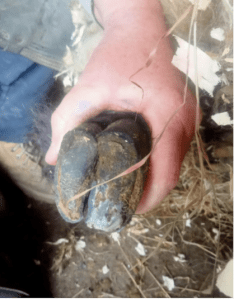
Our zookeepers are also vigilant in monitoring the animals between the farrier’s visits to quickly spot and remove any debris or stones that might cause discomfort. This proactive approach helps prevent discomfort and other hoof-related issues, ensuring our animals can roam and graze happily.
These regular visits from our farrier, combined with ongoing vigilance by our zookeeping staff, are just some of the ways we ensure that the animals at Emerald Park are healthy, comfortable, and well-cared for.
Tragic loss of newborn Silvery Marmoset at the park
Some unexpected news brings us deep sadness with the recent passing of a newborn silvery marmoset. The unfortunate death of the baby marmoset was mainly due to the inexperience of the first time mother.
These sad instances are not rare unfortunately, with instances occurring both in the wild and captivity. Young mothers must learn crucial nurturing skills and so mortality rates are also significantly impacted by factors such as predation and environmental challenges.
At Emerald Park, our dedicated zookeeping team is committed to providing the highest standard of care for our animals. Nevertheless, some situations defy even the best-prepared protocols. Promptly after noticing the baby’s distress, our team consulted with top experts who confirmed that our care methods were suitable. We did everything we could to help the mother.
This incident serves as a stark reminder of the persistent influence of natural laws, even in controlled environments, and that mortality is an inevitable aspect of life. It highlights the importance of ongoing dedication to the welfare of all creatures in our care and emphasizes the fragile balance of life.
The British and Irish Association of Zoos and Aquariums (BIAZA) Regional Educators Meeting
On the 26th April, Leah, our Discovery and Learning Manager, went to the BIAZA regional educators meeting in Dublin Zoo. There she met with other BIAZA member educators to discuss all things education in the region. This included updates to the national curriculum, BIAZA Accreditation and updates from the International Zoo Educators Association (IZE).
Collaboration amongst institutions is an essential part of working towards the shared goal of conservation of biodiversity.
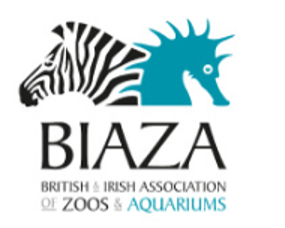
Thanks for reading. Check back next month for more zoo updates!
The Emerald Park Zoo Team



